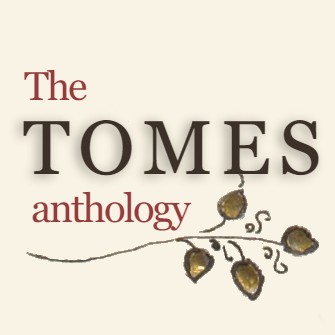Theme: Vernacular Theology
Texts
Introduction
There has been a particularly pronounced interest in vernacular theology since Nicholas Watson’s groundbreaking 1995 article on the topic, “Censorship and Cultural Change in Late-Medieval England: Vernacular Theology, the Oxford Translation Debate, and Arundel's Constitutions of 1409.” Watson’s article argued that unease in the early fifteenth century surrounding the growing Wycliffite movement led to a change in the nature and quantity of religious writing produced in the vernacular (which, in this context, refers primarily to English). Works produced before these constitutions in this anthology include the thirteenth-century Ancrene Wisse, which, as a religious guide, includes several translated passages from the Bible, and the religious lyrics such as “Abel was loosed in trueness” and “Whoso seeth on rood.” Works produced after these Constitutions and which, according to some scholars, reflect the impact of these Constitutions, include The Book of Margery Kempe. The challenges that Kempe encounters while trying to practice her personal approach to religion and that are described in the passage included in this anthology suggest pronounced tension surrounding atypical forms of devotion.
Krista A. Murchison, General Editor
